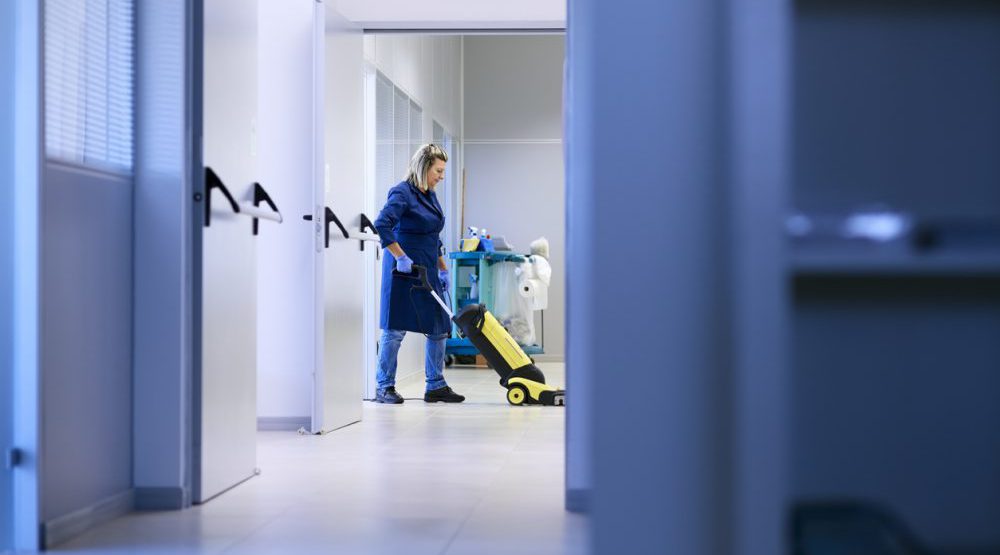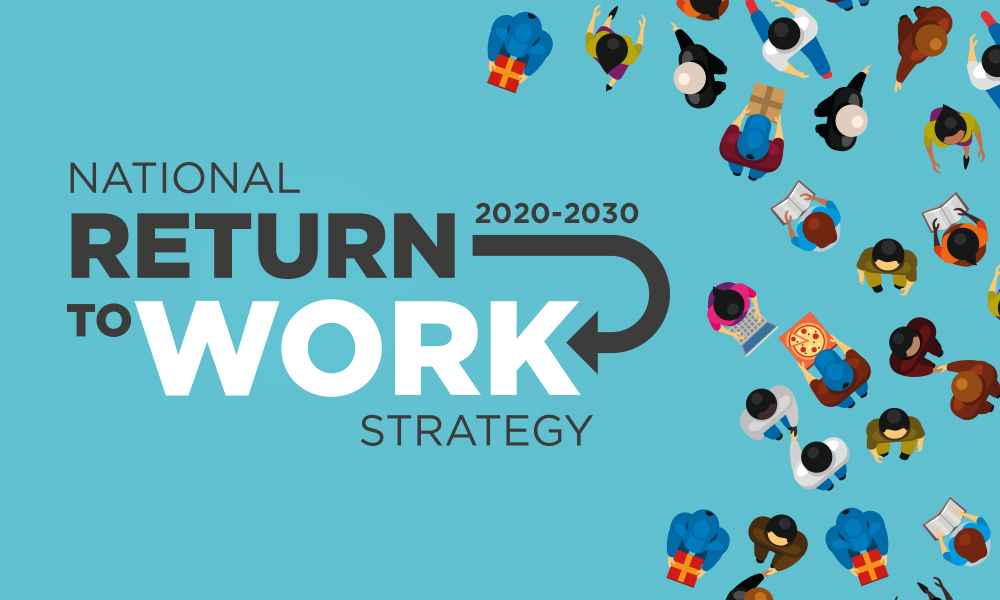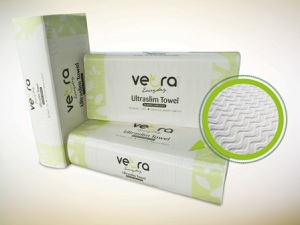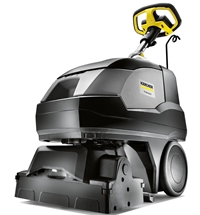
A focus on great research and robust training is helping to keep health workers and patients as safe as possible in New Zealand healthcare facilities as the COVID-19 pandemic continues.
As one of the world’s most respected authorities in the field of infection prevention and control, Dr Greg Whiteley is proud to be making a difference to health outcomes as the COVID-19 crisis unfolds.
However, the impact is not always confined to well-recognised areas such as the Whiteley Corporation’s distribution of hand hygiene, disinfectant, and skincare products through its New Zealand distribution networks.
A case in point is how the organisation is helping Pacific region communities through a philanthropic program which supplies much-needed infection-prevention products to countries in the region.
“We’re supplying products into Papua New Guinea, Fiji, Samoa and many of the other smaller islands around the area and this is something that we’ve taken it upon ourselves to do,” Dr Whiteley says.
“It’s good neighbourly behaviour that we continue to support our friends and family in these small nations to make sure they stay safe.”
Operating out of its Otahuhu headquarters in New Zealand, Whiteley’s commitment to clinical research is having its most profound impact in areas such as hospitals, healthcare and medical facilities, and aged care centres.
For example, its antibacterial hand sanitisers, hand soaps and hand moisturisers help reduce the spread of healthcare-associated infections. A range of disinfection products keeps healthcare facilities clean and safe. And the business’s skincare products include a bed-bathing system and patient care wipes that are suitable for aged care, palliative care and rehabilitation facilities.
Dr Whiteley says there has been a very strong response to its products in New Zealand over the past quarter. “We’ve put new staff on, and things are tracking well and we’re grateful for those good outcomes.”
While much of the media and public focus is on the coronavirus, Dr Whiteley says his team is keeping its mind on broader health issues, too.
“The underlying issue in all markets globally is that while we’re fighting this COVID pandemic, we still constantly have an eye on what’s happening with superbugs and they’re continuing to expand their own footprint into healthcare and other applications. Those super bugs still kill far more people than COVID, especially in New Zealand and Australia.”
Training and education the key
Whether it is superbugs or COVID-19, what has become clearer than ever in the past 12 months is the important role that cleaners have to play in keeping people safe in healthcare facilities.
One group that is helping to improve cleaning standards across New Zealand is Careerforce, an industry training organisation that supports workplace-based training and enables employees to achieve nationally recognised qualifications across the health and wellbeing sector.
Elizabeth Steer, product manager at Careerforce, says one of the upsides from COVID-19 has been the recognition of the importance of cleaning, and of having a well-trained and competent cleaning workforce.
“There has been a change of focus by employers to now include infection control in the training, rather than just general cleaning.”
Steer says when the pandemic hit, it was clear that the level and type of cleaning needed to change.
“Hospitals were already focused on cleaning and infection control, now they had to be even more vigilant. In the aged care sector, there was additional in-house training and processes and practices updated.”
She adds that two of the most significant changes in the past year have been the introduction of ‘disinfectant fogging’ and the increased use in the type and range of personal protective equipment (PPE).
“At the beginning of the pandemic, the focus was on droplet infection and surface cleaning and fogging became a new tool for the general cleaning sector, particularly as an additional layer of protection. Use of fogging equipment and the different types of PPE required for fogging has required additional training and knowledge by both the employers and cleaning staff.”
Careerforce has witnessed a clear rise in the appetite for training and education among cleaning companies as a result of COVID-19. Training is a mandated requirement for cleaners in hospitals through the Ministry of Health’s Multi-Employer Collective Agreement (MECA), so these cleaners must have the opportunity to train to a Level 3 qualification.
Hygiene in the spotlight
Dr Whiteley, who in the past has called for increased investment in healthcare cleaning, says in the fight against superbugs and viruses such as COVID-19 a delicate balance is required between having sufficiently aggressive cleaning products and not destroying underlying surfaces.
For instance, some solutions might work well on metals but not plastics, and vice-versa. Dr Whiteley says superbugs can be shielded from cleaning products, especially when they are in biofilms, which are thin slime-like layers of microorganisms that promote bacterial growth. Killing those bacteria effectively is crucial to infection prevention.
“We’re looking at the underlying science. It’s a very complex area, but it has major ramifications for cleaning and how we get things cleaned and how we remove biofilm from surfaces and stop these superbugs spreading.”
Dr Whiteley notes that three big factors have made a significant difference to hygiene standards in the past two centuries – recognition of microorganisms, the development of vaccines, and the creation and proliferation of antibiotics.
“Those things have meant that paradoxically in the last 90 years we’ve become a little more complacent about hygiene. But the cat is out of the bag now and global pandemic means that awareness of hygiene has risen back to levels we haven’t seen really since post-World War II.”
Commitment to excellence
To pay its part in keeping New Zealanders safe, Careerforce has been working closely with the Ministry of Health to create ‘hand washing’ and ‘infection prevention’ resources. It has also supported the cleaning sector, in association with the Ministry, to develop training resources around deep cleaning for COVID-19.
Steer says the pandemic comes with strong warnings for cleaning contractors and cleaning-service providers. “It is clear that contract cleaners operating in a hospital setting need to observe best practice principles or they will not get the contract,” she says.
The positive side is that COVID-19 has emphasised cleaners’ role as essential workers and opens the way for more career opportunities in the sector. “In a commercial cleaning environment, organisations experience a lot of churn, often with roles taken by students.”
“However, we have seen an increase in cleaners being trained in supervisory skills and being enrolled in the New Zealand Certificate in Cleaning (Level 3) Supervision Strand to become team leaders. Some cleaners also choose to look at franchise or business opportunities and we have seen some make the move to running their own cleaning operation.”
For his part, Dr Whiteley wants his team to keep contributing to better health outcomes for all New Zealanders.
“We collaborate with world-class universities and we make sure that we are operating at global best practice and doing it in a way that’s economically viable for New Zealand and Australia.”
He says when companies buy Whiteley technology they have the surety that it has been developed in Australia and New Zealand.
“This is not material that’s being imported and then rebranded under local conditions. We want people to not catch diseases they don’t need to catch and that’s the core message we’d like to communicate to our friends in New Zealand.”
This article first appeared in the August issue of INCLEAN NZ magazine. Read the entire article here .
Comment below to have your say on this story.
If you have a news story or tip-off, get in touch at info@incleanmag.co.nz.
Sign up to INCLEAN NZ’s newsletter.




